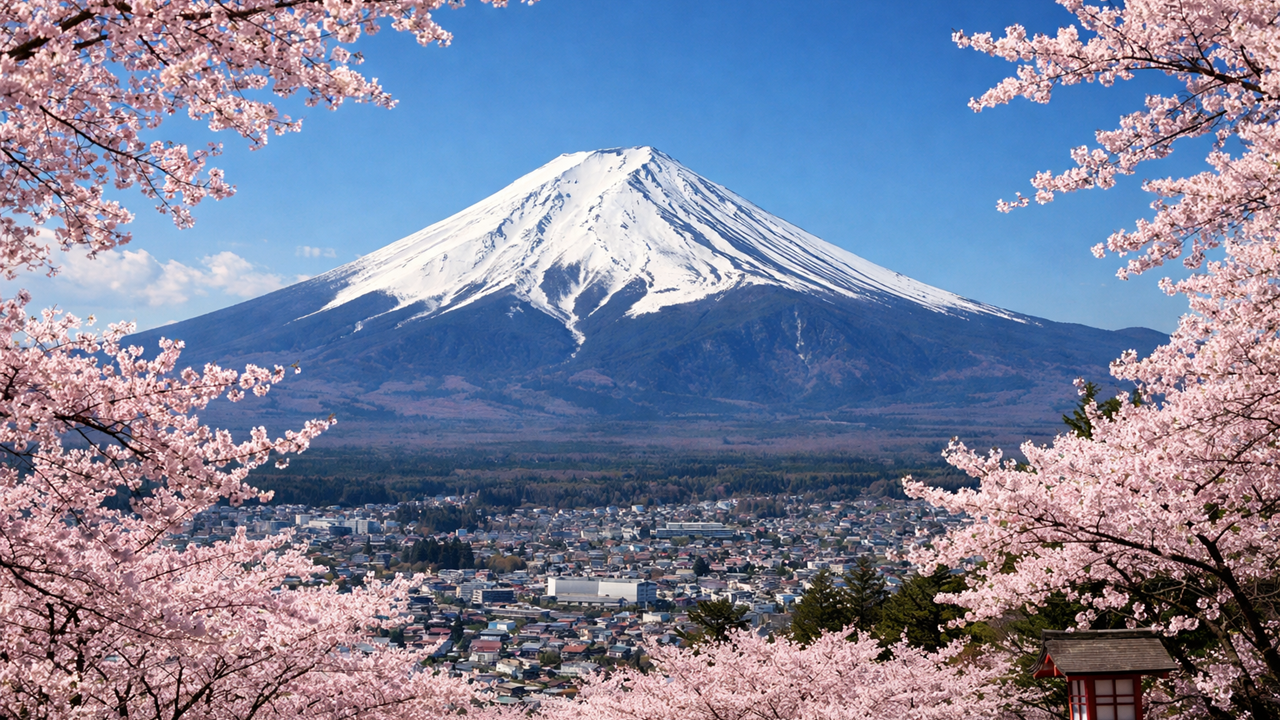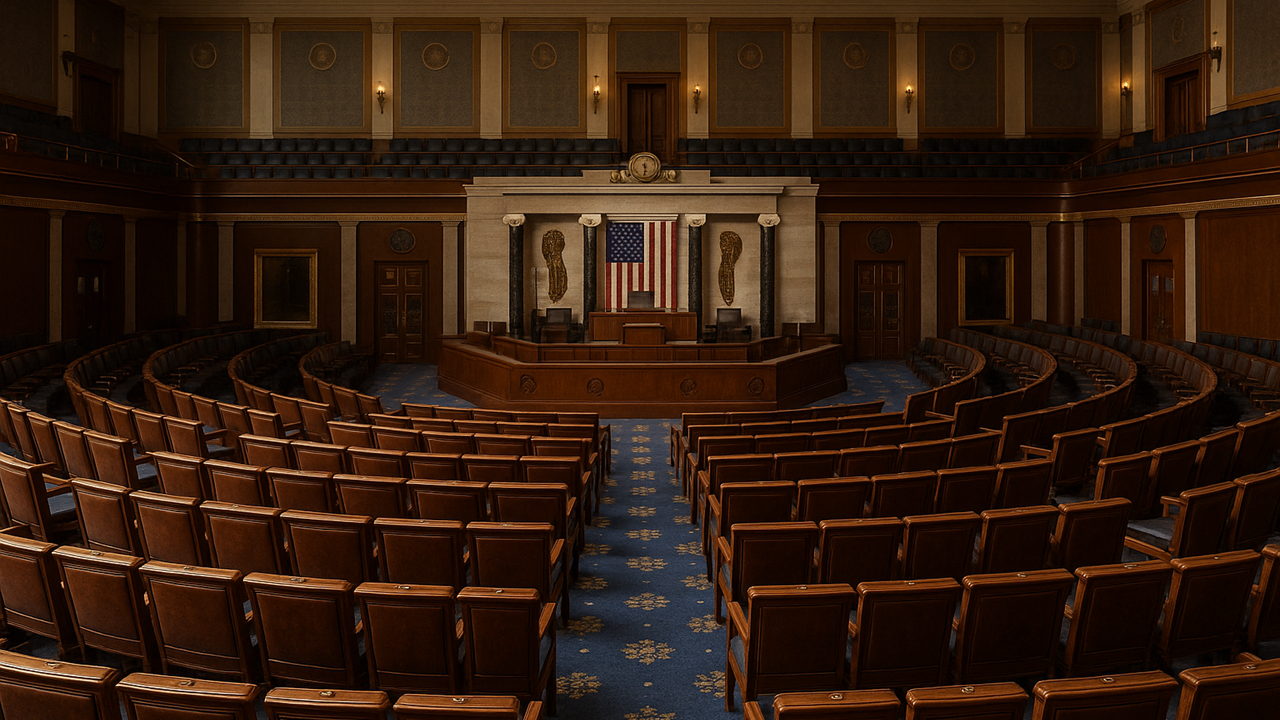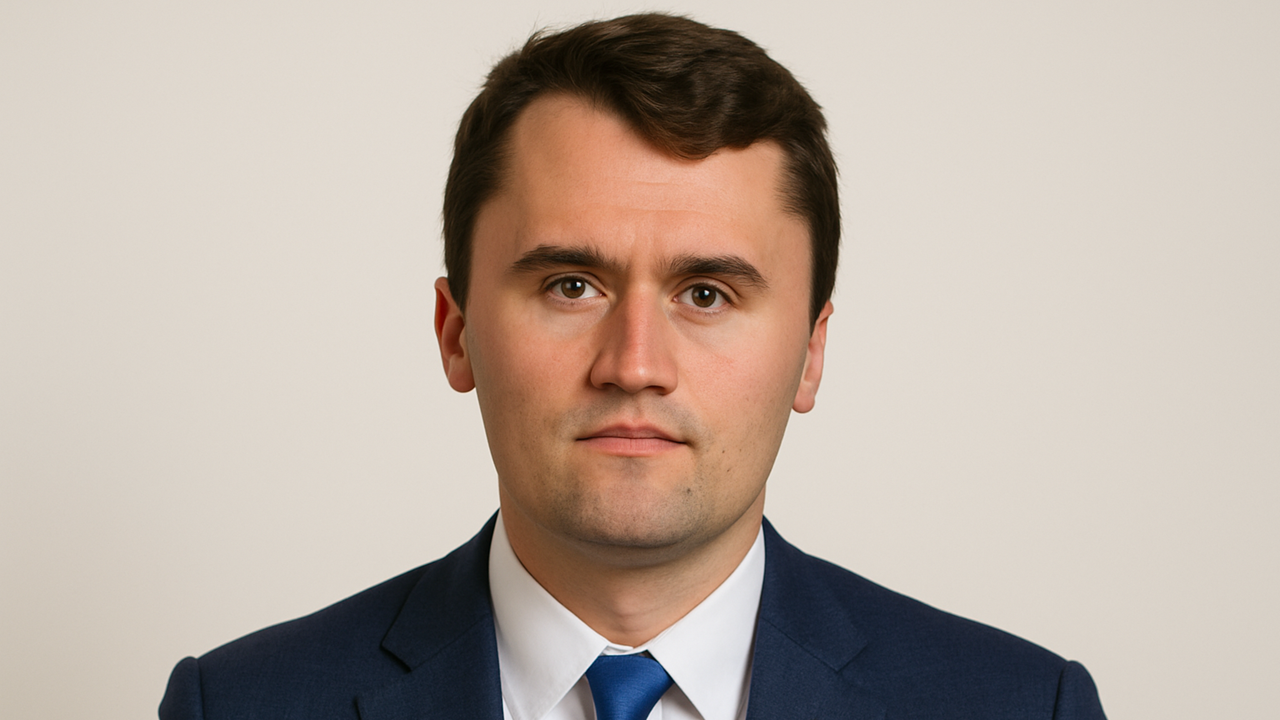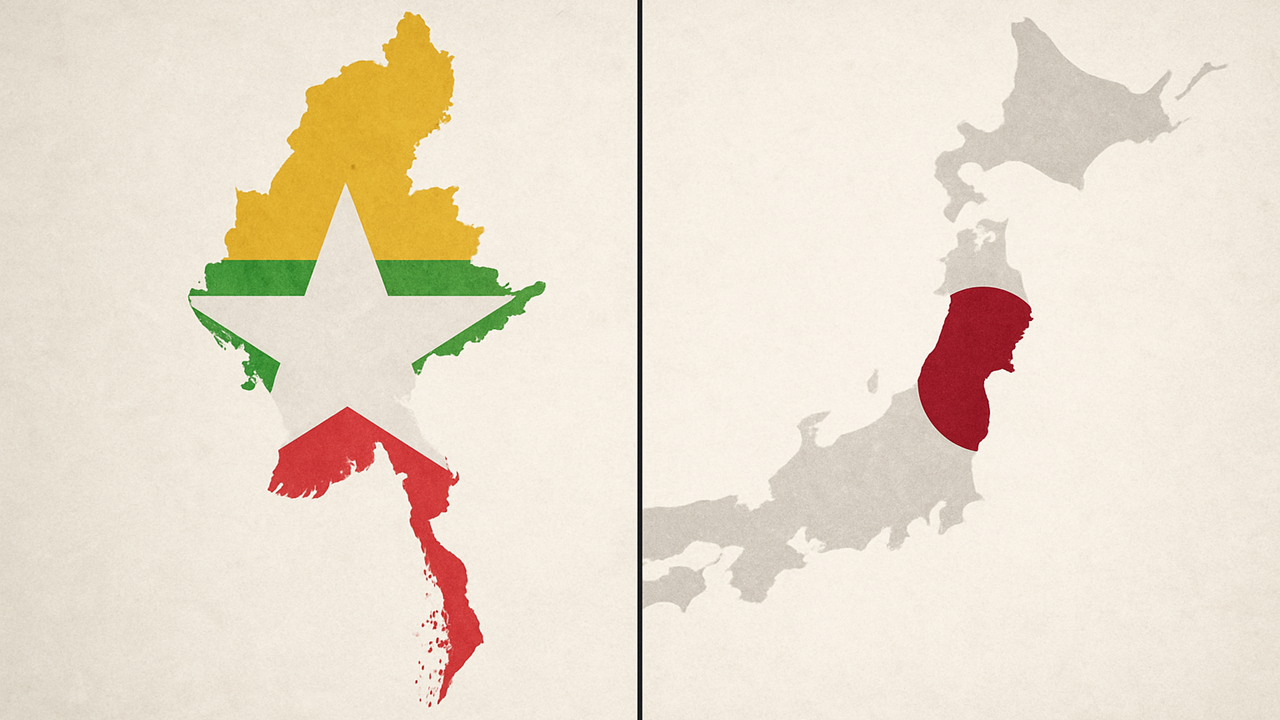Trump Tightens Cuba Policy: Stricter Travel Ban and Military Sanctions Reinstated
On June 30, 2025, President Trump issued a presidential memorandum reinstating a forceful Cuba policy, reversing several Biden-era changes. The directive reaffirms the statutory U.S. tourism ban and tightens financial restrictions targeting Cuba’s military-controlled GAESA conglomerate, allowing only narrowly defined exemptions such as humanitarian aid or educational exchanges with documented compliance requirements.
Under the order, all travel to Cuba must now be organized through U.S.-based entities, and visitors are required to retain records of travel-related expenses—such as tickets, lodgings, and payments—for at least five years. These measures “enforce the statutory ban on U.S. tourism to Cuba and ensure compliance through regular audits,” as stated in the White House fact sheet.
The policy also restores Cuba’s designation as a state sponsor of terrorism, rescinding Biden’s January delisting tied to a prisoner exchange deal. Additionally, Trump expanded visa restrictions targeting Cuban officials involved in overseas medical missions, criticized by Secretary of State Marco Rubio as “forced labor.”
Financial sanctions have been ramped up, prohibiting both direct and indirect transactions with GAESA-affiliated entities. U.S. banks are now instructed to audit Cuba-related financial channels, with violations facing potential penalties. The memorandum further mandates the State Department to compile and publish a new blacklist of Cuban military and intelligence-linked entities, expanding the list to include regional lawmakers, union leaders, state media heads, and local surveillance officials.
A new interagency task force has been established to explore ways to expand internet access in Cuba, aiming to foster free information flow and support independent press. The memorandum also opposes any international efforts—especially at the United Nations—to lift the longstanding embargo.
Trump’s memorandum orders his Cabinet secretaries to review and recommend further sanctions within 30 days, focusing on human rights, migrant treatment, and the rollback of visa protections for roughly 300,000 Cuban nationals in the U.S.
Supporters of the policy, including Cuban-American lawmakers, applauded the move as a necessary return to firm pressure on Havana. But Cuban Foreign Minister Bruno Rodríguez denounced it as “criminal behavior that violates the human rights of an entire nation,” accusing the U.S. of deepening Cuba’s economic suffering during its worst crisis in decades.
CEO of Jivaro, a writer, and a military vet with a PhD in Biomedical Sciences and a BS in Microbiology & Mathematics.


























